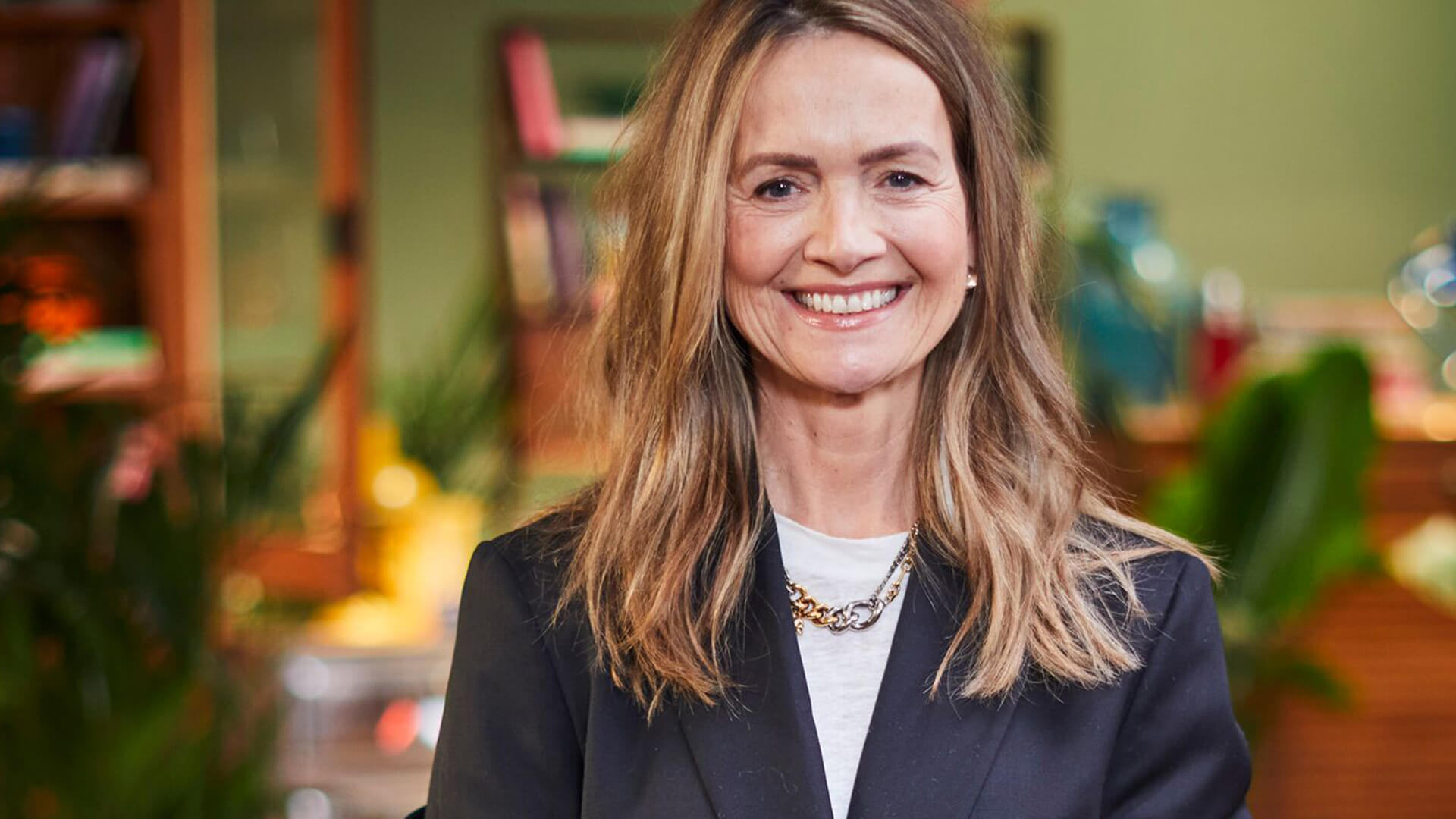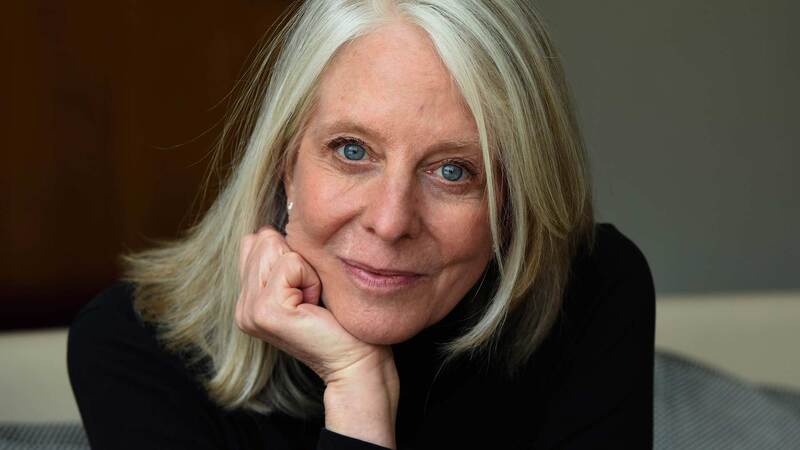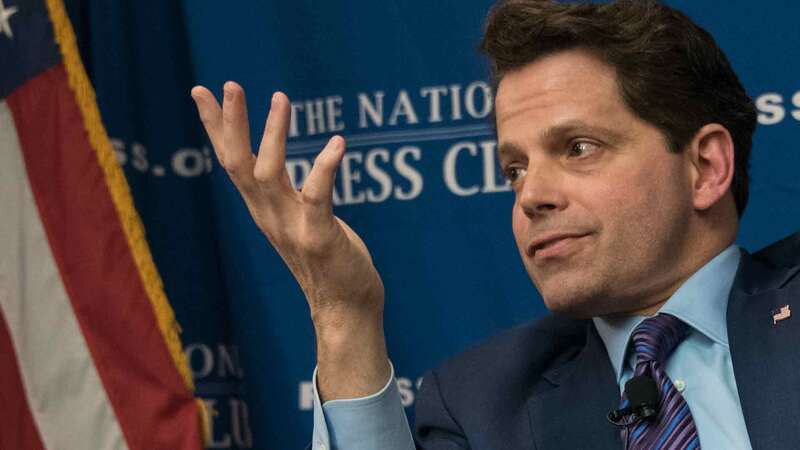You are viewing your 1 free article this month. Login to read more articles.
PMJ to launch prize for underrepresented commercial writers
Penguin Michael Joseph is to launch a prize for underrepresented commercial writers, particularly those working in the crime and thriller space.
Louise Moore, m.d., revealed the plans while in conversation with journalist Sarah Shaffi at yesterday’s London Book Fair discussing why the industry doesn’t better recognise the merits and importance of commercial fiction. Moore said PMJ is “passionately working” on democratising its commercial fiction and the prize would focus on “all kinds of writers who we feel are not as included as they should be”. The publisher hopes to pair up with an agency.
“It’s a question agents ask themselves and publishing teams ask themselves on how we find more commercial writers of colour and wondering why we haven’t seen more of them,” Moore suggested it may be to do with the “feeling of cultural cringe and need for acceptance and permission” created by the industry, which says “you can only be worthy and listened to if you’re in the literary arena”.
She said the divide between commercial and literary “needs to stop”. “We need to do away with commercial versus literary once and for all and start thinking about what does the reader call it”. She argued that books labelled commercial are often ignored by reviewers and booksellers, meaning they are “not talked about as much as they should be” despite “making the industry billions”.
She cited the example of Marian Keyes, who despite working since 1997, only received her first book review in the Times and Sunday Times this year, and said the industry needs to “lean in and embrace commercial fiction vocally”.
“It’s interesting, as an adult, we have a choice about what we watch and what we listen to […] but somehow there is still this stigma attached to what you read” she said. “We have a part to play as publishers, it is around packaging and the terminology that we use, how we are talking to the media”.
Sally Rooney for instance, “has literary cred”, partly being published by Faber, she said, despite her writing being similar to Helen Fielding’s Bridget Jones. “You can sell huge numbers of books whether you are commercial or literary, they are all commercial by definition of commercial, and selling lots of copies”.
She praised the likes of Richard and Judy for creating a space to recommend commercial fiction to readers but said it was a “shame” that this year’s longlist for the Women’s Prize “is all literary fiction”.



















